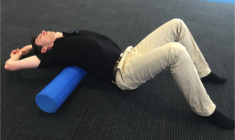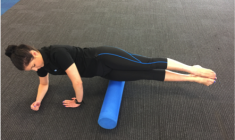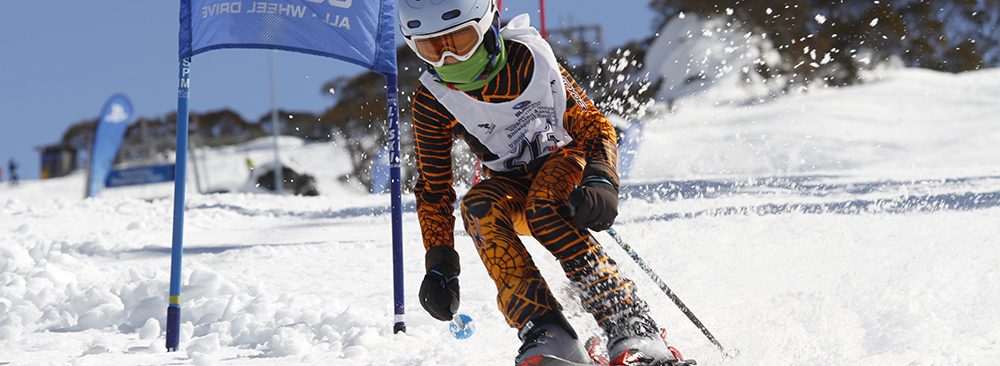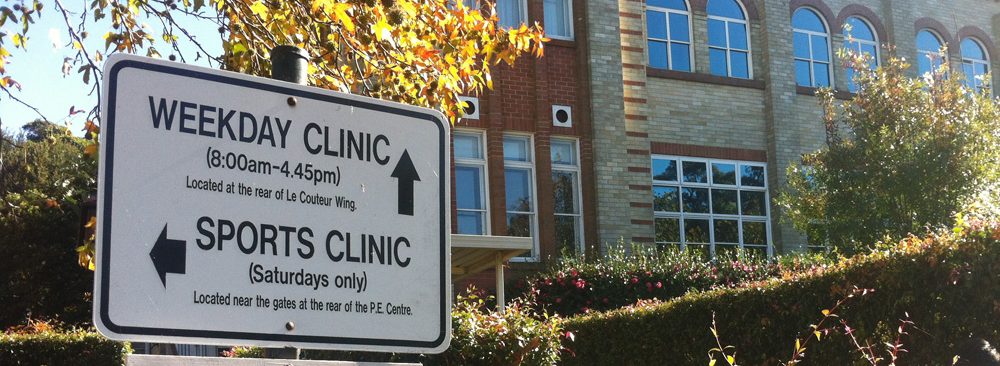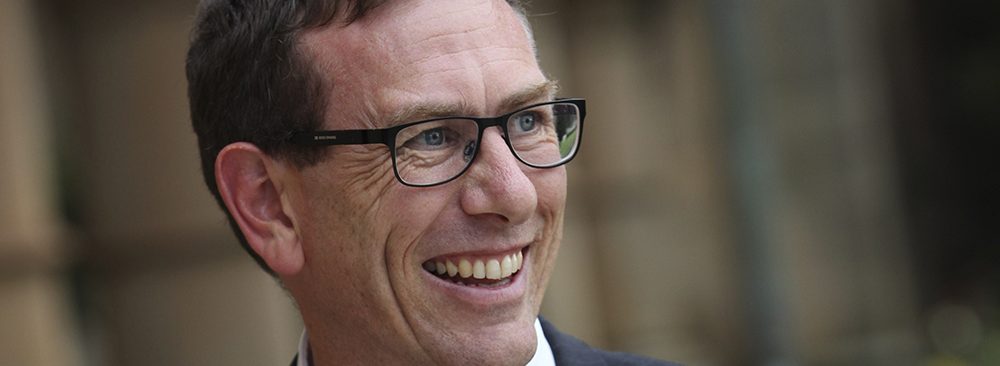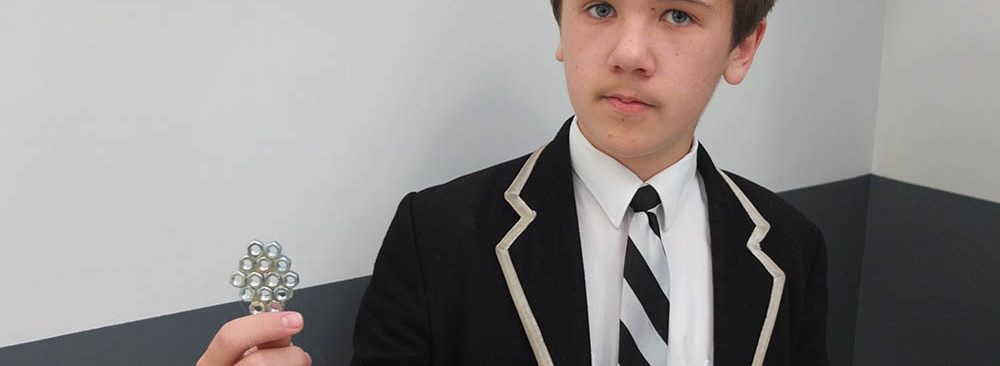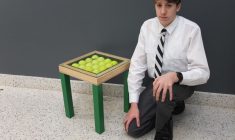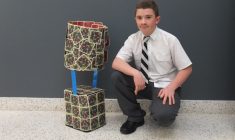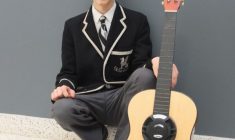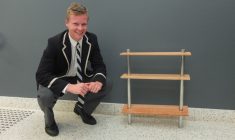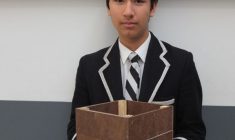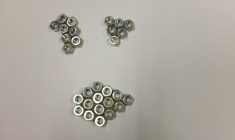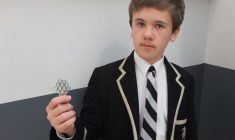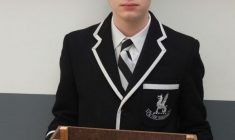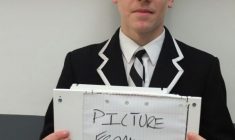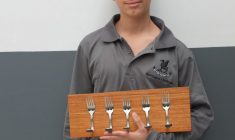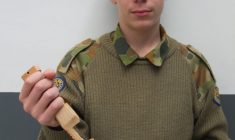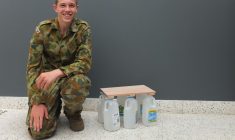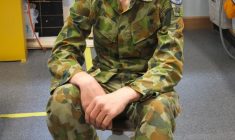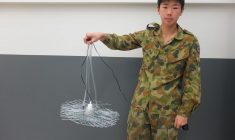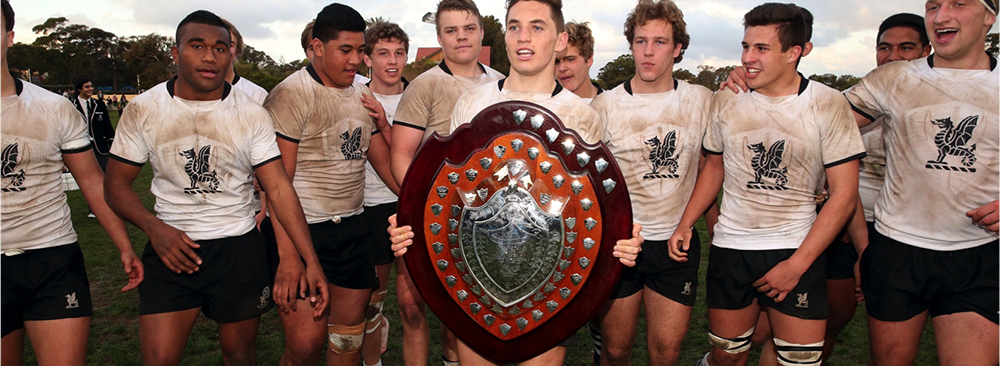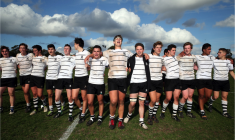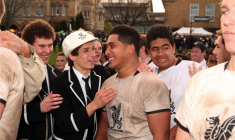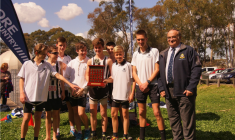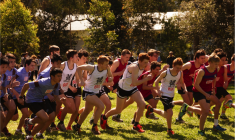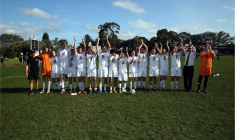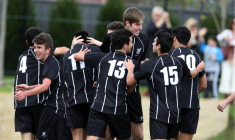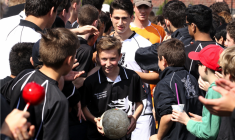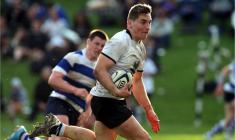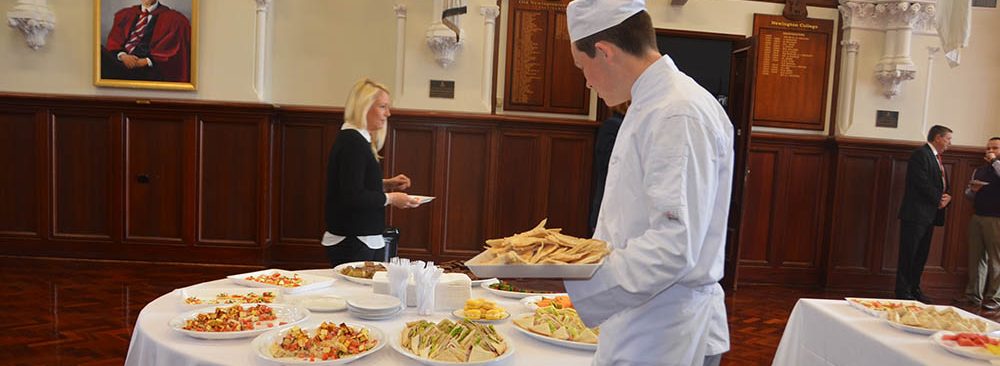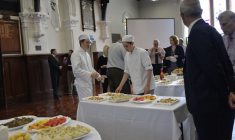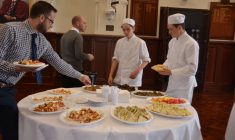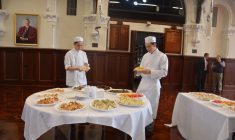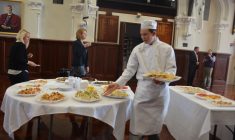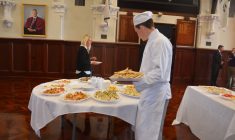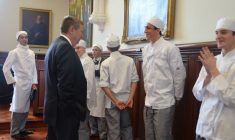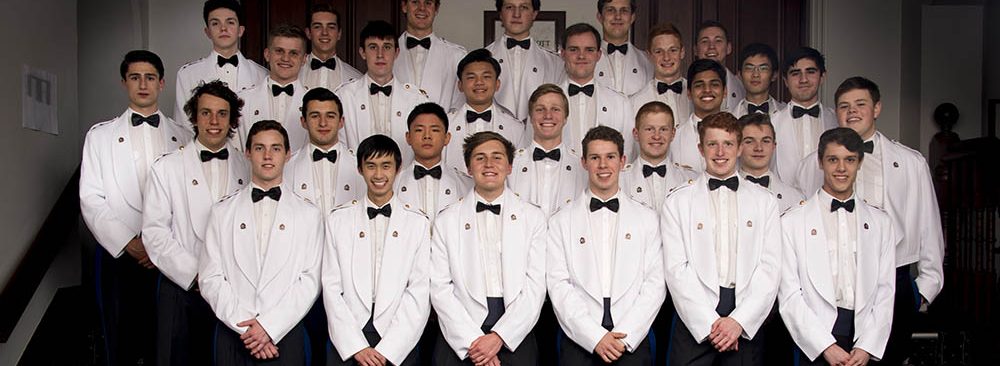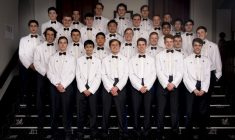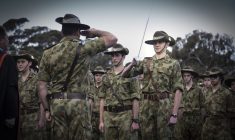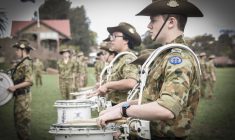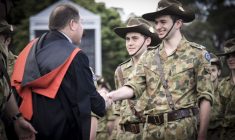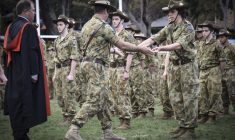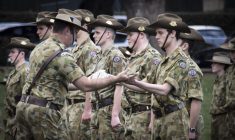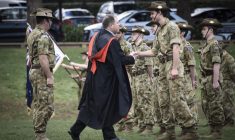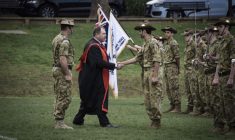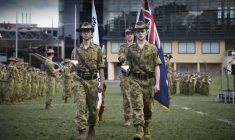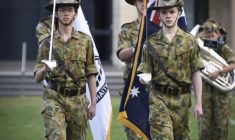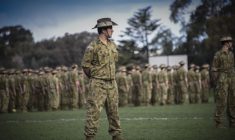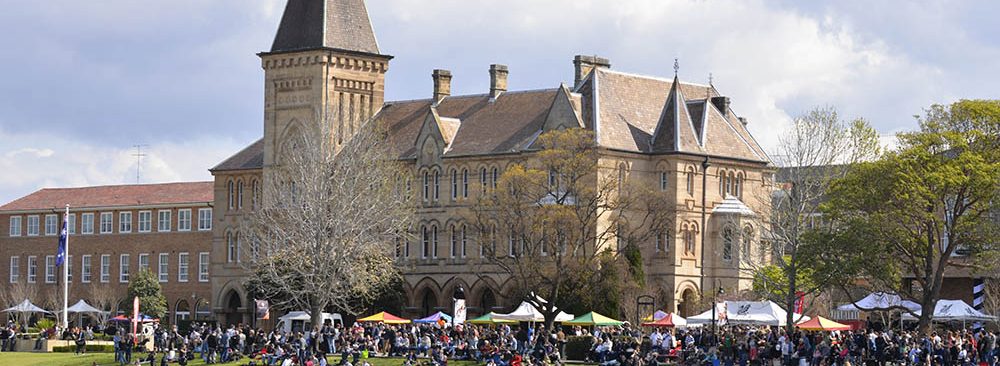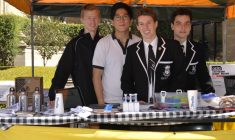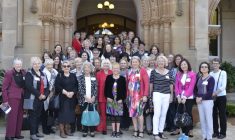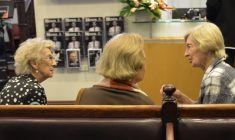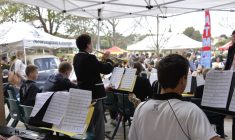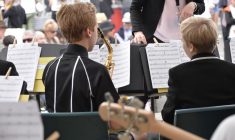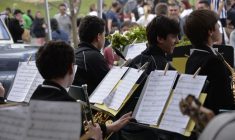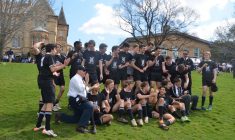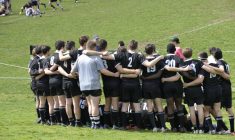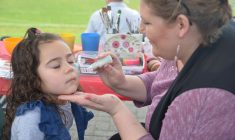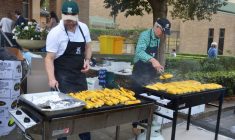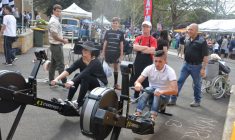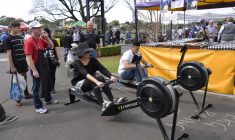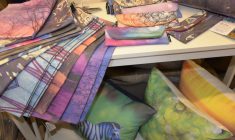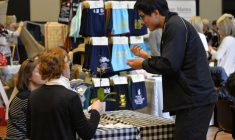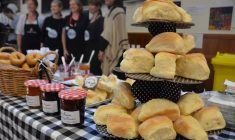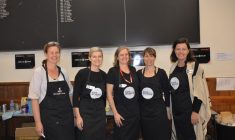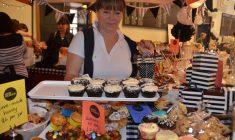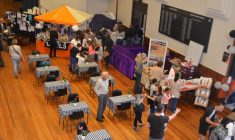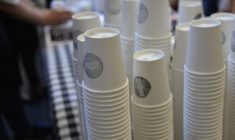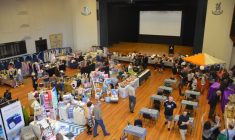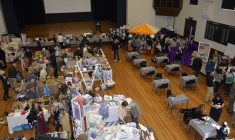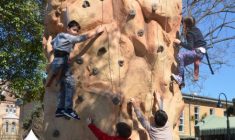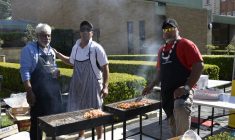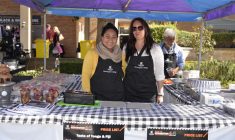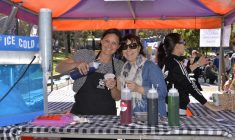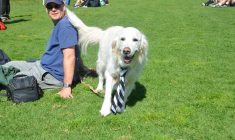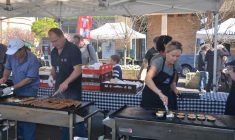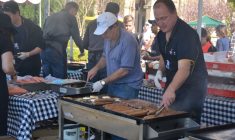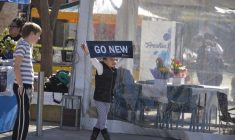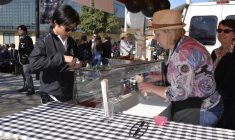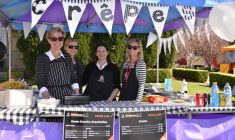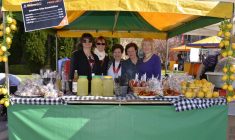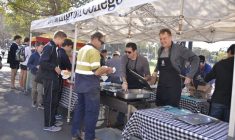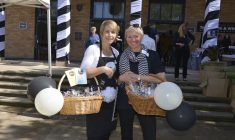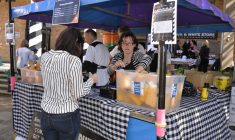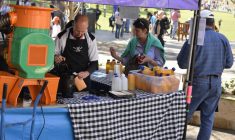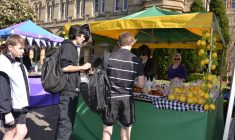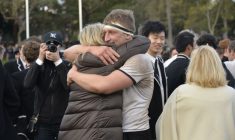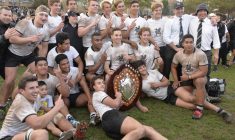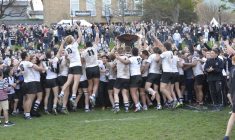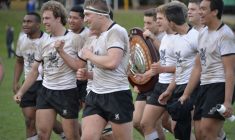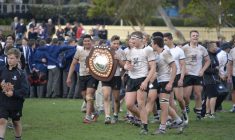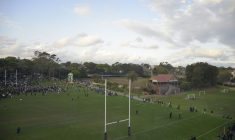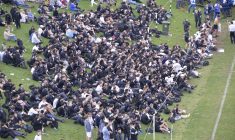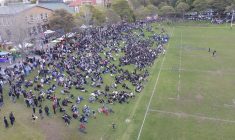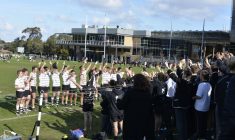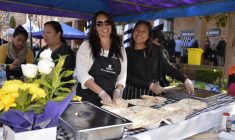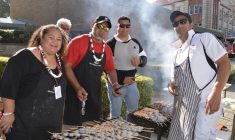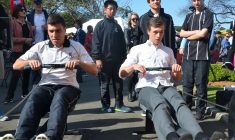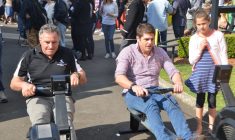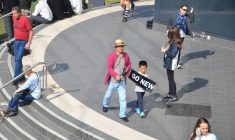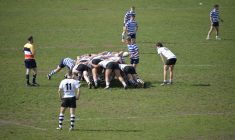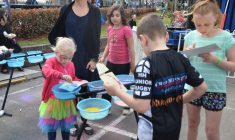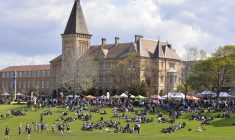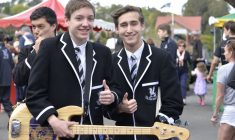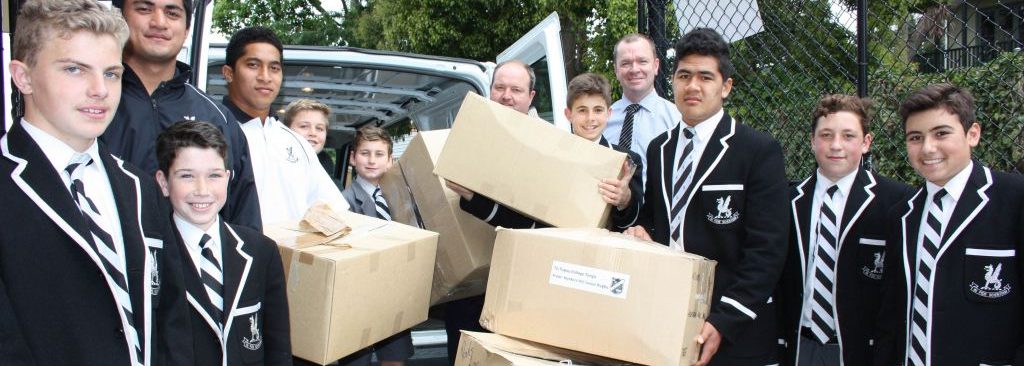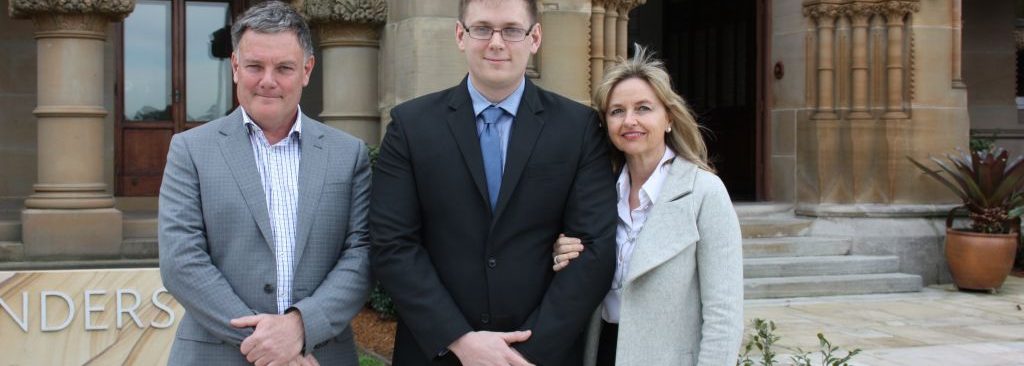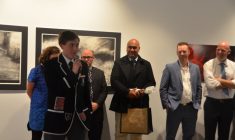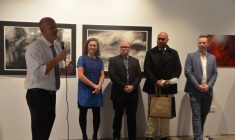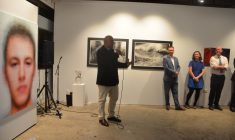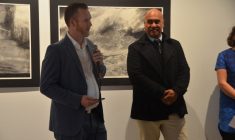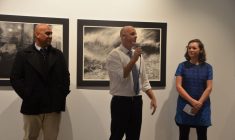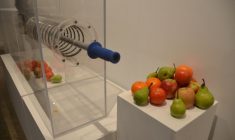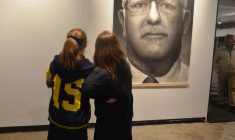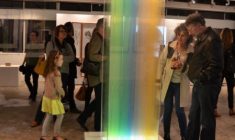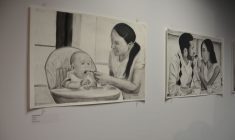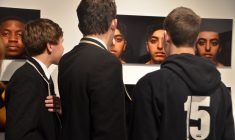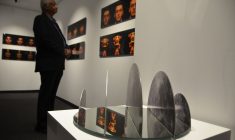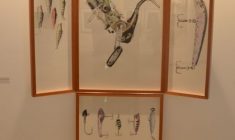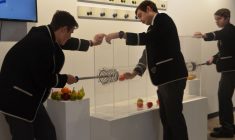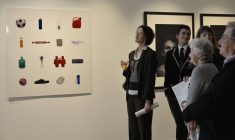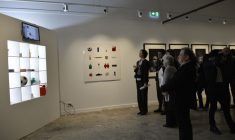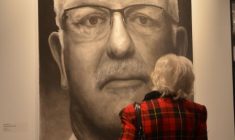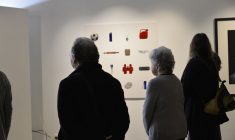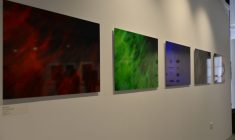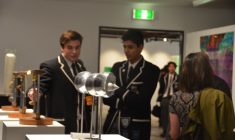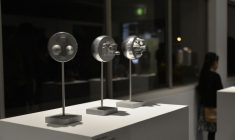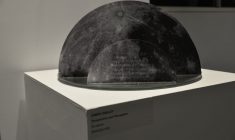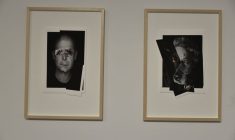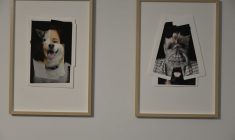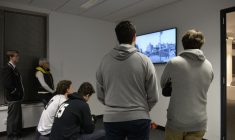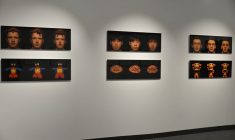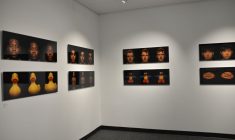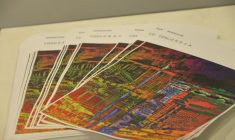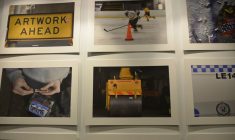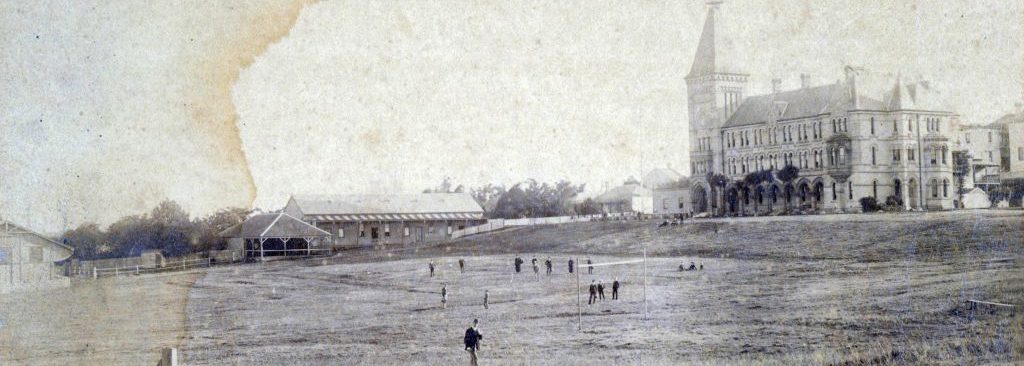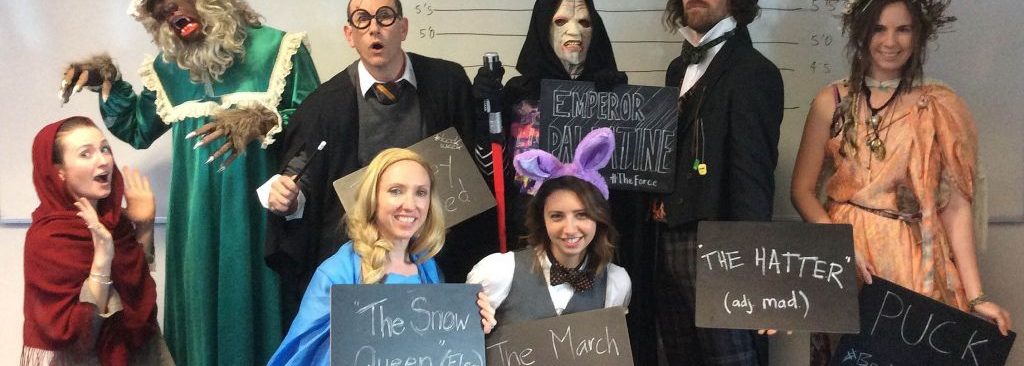Finding your ‘unknown unknowns’
‘Reports that say that something hasn’t happened are always interesting to me, because as we know, there are known knowns; there are things we know we know. We also know there are known unknowns; that is to say we know there are some things we do not know. But there are also unknown unknowns – the ones we don’t know we don’t know. And if one looks throughout history … it is the latter category that tend to be the difficult ones’ suggested former US Secretary of Defense, Donald Rumsfeld in 2002, when questioned about how the US was approaching the military challenges in Iraq.
A lot has been said about the communication skills of the Bush Administration over the years, but running contrary to much of social media’s commentary on it I really think Mr Rumsfeld was on to something.
At this time in the year, Year 12 boys are reflecting on the lessons they learned from their Trial Examinations as they look towards the external HSC or IB papers starting next term. Boys in Years 7 through to 10 will be eyeing off calendars and diaries (probably with some trepidation, no doubt) as they look ahead to their Annual Examination periods in November. It is an annual cycle.
At that point in the cycle when boys head towards their rooms as the sun gets low, parents will often ask, ‘what are you off to do?’. When the reply is, ‘to do some study’ (or some variant in fewer syllables), the follow up is usually, ‘what are you going to study?’. I wonder however whether it is better to ask ‘how are you going to study?’. I would be interested to hear what might come back.
I worry that too often, the best intentions of boys are undone by what makes them feel good when they go to study. I worry that when they sit themselves down, they grab only those books, notes, questions and concepts that they know well. Experience has led me to worry that boys spend more time studying what they do know, rather than what they don’t. Studying what you already understand or what you are already confident with makes you feel good about what you have learned, but I am not sure it helps you make that next jump in performance.
Good studying should be about actively looking for Donald Rumsfeld’s ‘unknown unknowns’ – those things we don’t yet realise that we don’t understand. How we study helps us find them. And when we find something we don’t understand, we can fill that gap, and be that little bit better.
Senior boys will be familiar with using exemplar scripts – responses or answers written by past students that model the content required in past exams. Working out or planning a question on your own, then comparing it to an exemplar, helps you find holes. Revision questions are great in this regard, but grinding them out can wear you down. Doing one under time pressure with no assistance, then spending the same amount of time going back over it with notes and books, working out what else could have gone into it (the things you didn’t know) identifies your gaps and fills them in, in one fell swoop.
Every subject has an outline already on Canvas. Boys should ask themselves if they can pass the 90 second test on each idea or concept in it – could they chat informally, and confidently, about those concepts with their teacher if they were asked? If the answer is no, then Rumsfeld may breathe easier – now we are finding what to revise and work on.
The other great light that can shine on the unknown unknowns are other people. Too often we associate great study with a solitary life, chained to a desk, poring over books. Talking things through is, in many cases, more effective than simply reading and hoping things stick. Other students are not competitors, every student is side-by-side competing against the same thing – the examination. Beating it is the aim, not beating someone else.
No one really looks forward to or likes examinations. They are but one way we assess students, and are not the be-all and end-all or the measure of who a boy is. They are an opportunity for each student to show what they know, and I wish them all well in putting all those ‘known knowns’ on display for us all.
Mr Trent Driver
Head of Academic


